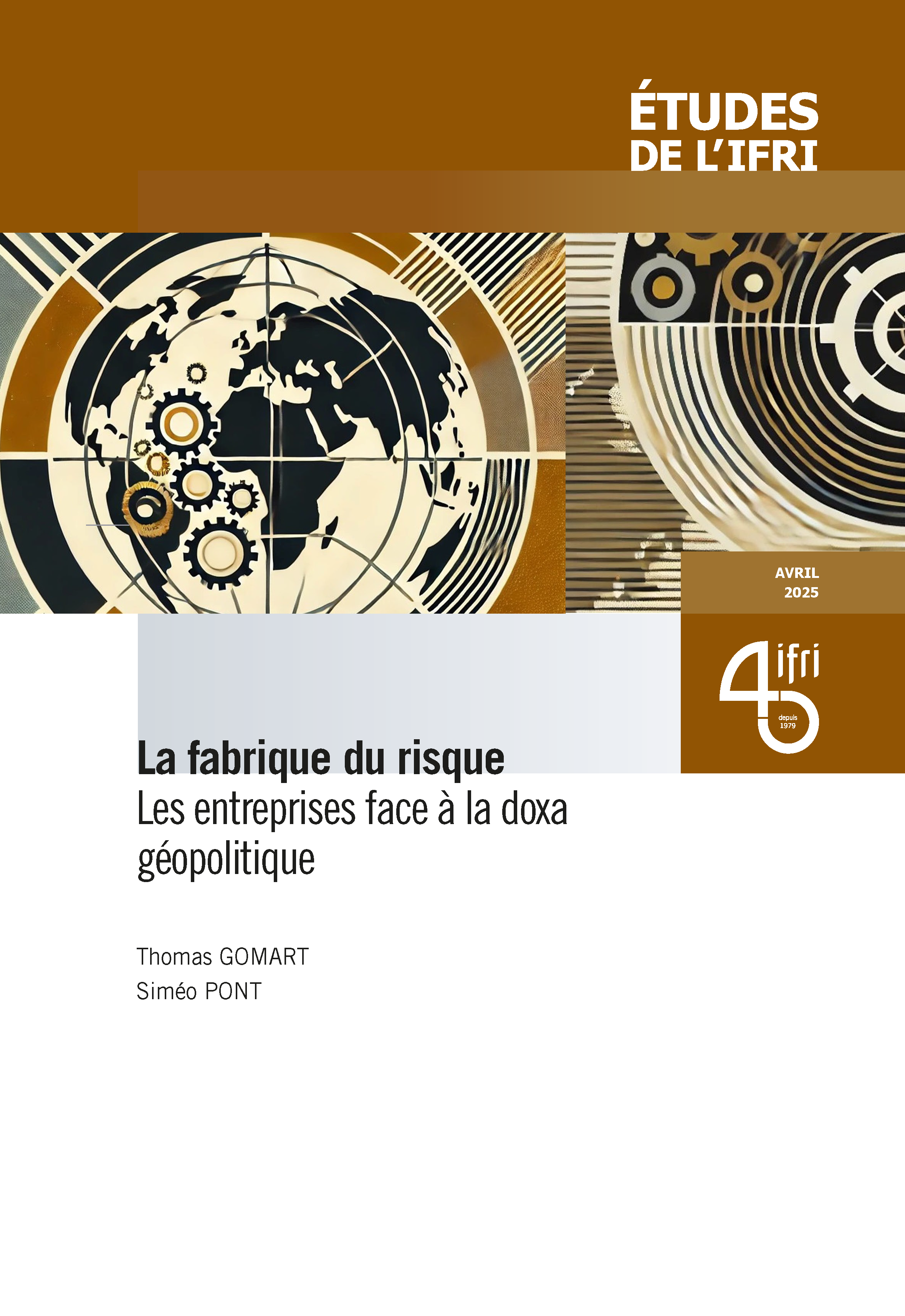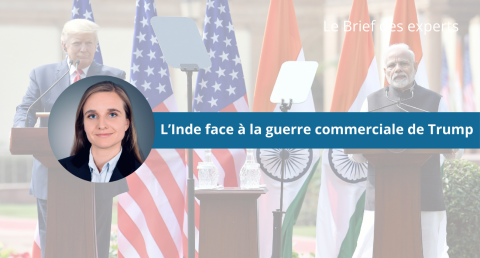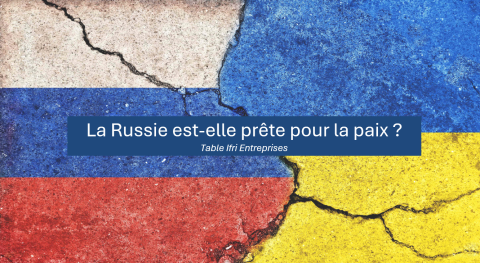Energy Union - Germany, France and Poland between common European goals and divergent national approaches

Informations pratiques
Thématiques et régions
Centres et programmes liés
Ceci est un événement réservé.
En savoir plus sur nos programmes de soutien
Panel I:
From Ideas to Reality - Challenges and Strategies for the Energy Union’s Project
The Energy Union has become one of the flagship projects of the current European Commission. Nevertheless the different member states do have their own view regarding the idea of an Energy Union. Which aspects are most important for Germany, France, Poland and the United Kingdom? What are the most controversial subjects concerning the project? Where lies the biggest potential for conflicts and in which areas compromise can be found? Can the Energy Union also become a landmark project for those member states?
Panel II:
A Common European Energy Market - Towards a Competitive Europe
Every proposition concerning reforms of the energy market in the EU is closely observed by energy companies. Energy reforms are a big cost factor for them. The future of those companies to a high degree depends not only on the changes in their home market but also on the speed and direction of reforms concerning a common European Energy Market. What are the expectations of representatives from energy companies towards the European political leaders? According to them in which direction should reforms of the energy market lead - both on national and European level?
Panel III:
Between Geopolitics and Economics - Towards a Common European Foreign Energy Policy?
At the beginning Energy Union was a concept that aimed at enhancing energy security by providing the EU with mechanisms that would improve its security of external energy supplies. The whole idea derived from the fact that Ukrainian-Russian conflict undermined Russia’s position as a reliable energy supplier. What is the potential of creating a Common European Foreign Energy Policy? Which countries of the EU are interested to build up mechanism of transnational cooperation? How to find a balance between standard market mechanisms and introducing new regulations of dealing with partners from outside the EU?
Panel IV:
How to Involve Europe’s Citizens? - The Social Dimension of Energy Union
In the end most of the costs of energy reforms have to be financed by citizens. Their attitudes towards reforms depend on various factors which are different from member state to member state. Which aspects of the Energy Union reflect the expectations of the societies of EU member states? Which aspects of the Energy Union have to be stressed to get public support? What are the biggest challenges concerning communication of energy politics?
Funded by:
Sujets liés
Autres événements

Le retour de la « grande coalition » – quel leadership allemand dans un monde incertain ?
Le nouveau gouvernement allemand, une « grande coalition » probablement dirigée par Friedrich Merz, va devoir faire face à un environnement international complexe, marqué notamment par un bouleversement des relations transatlantiques. Les attaques de l’administration Trump à l’égard des alliés traditionnels des Etats-Unis, le rapprochement entre Washington et Moscou, ainsi que les incertitudes qui pèsent sur le futur de l’OTAN, ébranlent les paradigmes de la politique étrangère allemande.
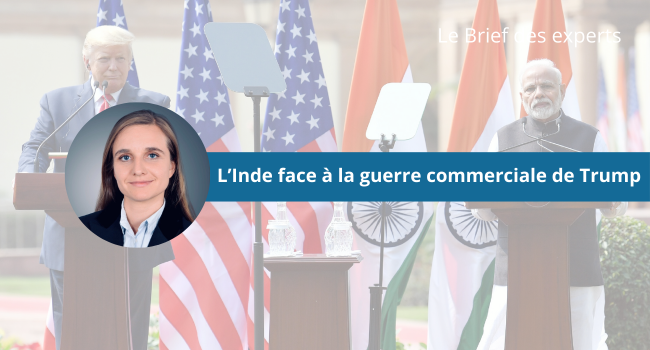
L’Inde face à la guerre commerciale de Trump
Un brief de 30 minutes autour de Sylvia Malinbaum, chercheuse, responsable de la recherche sur l'Inde et l'Asie du Sud au Centre Asie de l'Ifri.
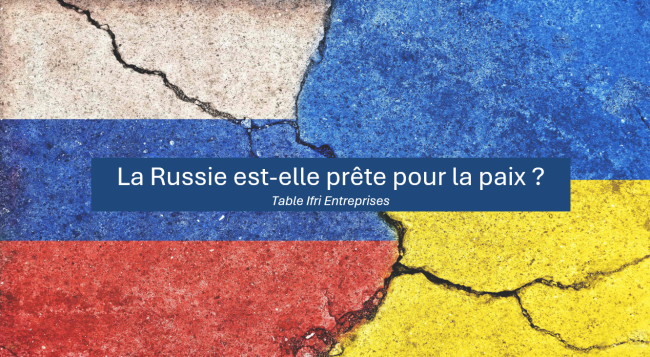
La Russie est-elle prête pour la paix ?
Depuis plus de trois ans, la Russie mène une guerre de haute intensité contre l’Ukraine, qui bénéfice du soutien politique, militaire et financier de l’Occident.


